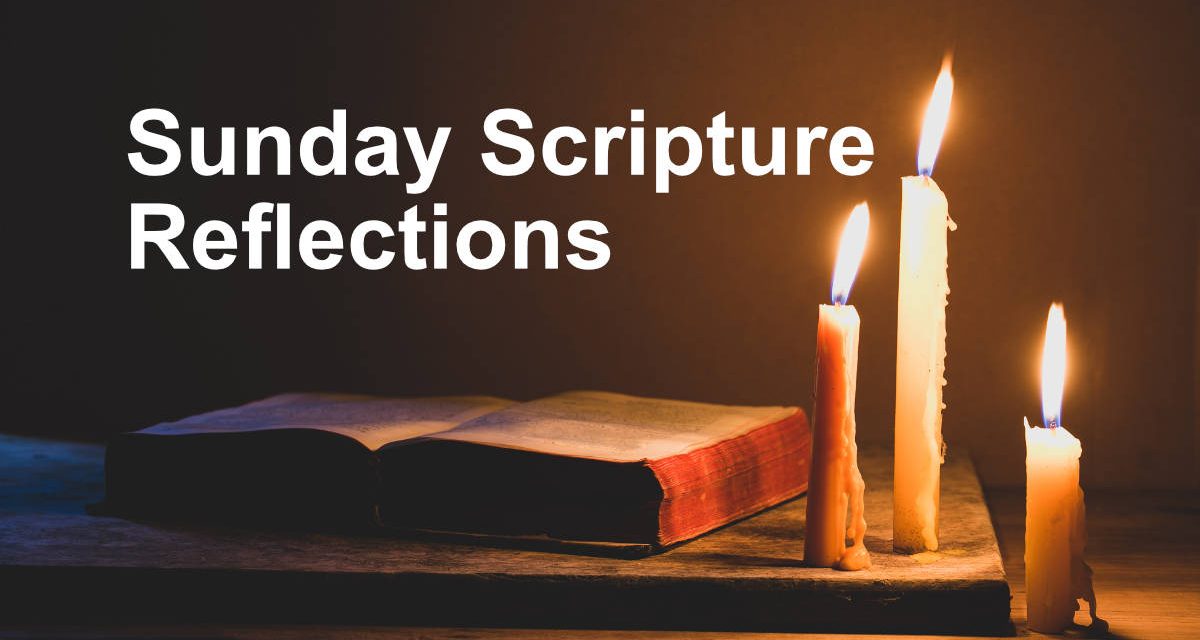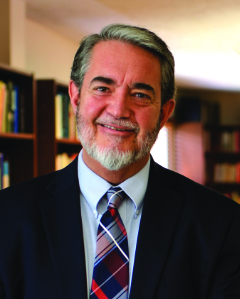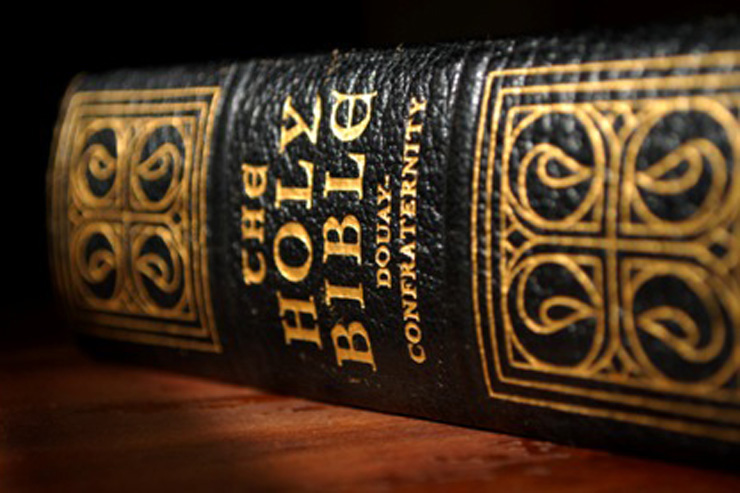Communion with the Trinity is the goal of our worship—and the purpose of the salvation history that begins in the Bible and continues in the Eucharist and sacraments of the Church.
Dr, Scott Hahn reflects on the Mass Readings for The Most Holy Trinity Sunday.
Readings:
Exodus 34:4–6, 8–9
Daniel 3:52–56
2 Corinthians 13:11–13
John 3:16–18
We often begin Mass with the prayer from today’s Epistle: “The grace of the Lord Jesus Christ, and the love of God, and the fellowship of the Holy Spirit be with all of you.” We praise the God who has revealed Himself as a Trinity, a communion of persons.
Communion with the Trinity is the goal of our worship—and the purpose of the salvation history that begins in the Bible and continues in the Eucharist and sacraments of the Church.
We see the beginnings of God’s self-revelation in today’s First Reading, as He passes before Moses and cries out His holy name.
Israel had sinned in worshipping the golden calf (see Exodus 32). But God does not condemn them to perish. Instead He proclaims His mercy and faithfulness to His covenant.
God loved Israel as His firstborn son among the nations (see Exodus 4:22). Through Israel—heirs of His covenant with Abraham—God planned to reveal Himself as the Father of all nations (see
Genesis 22:18).
The memory of God’s covenant testing of Abraham—and Abraham’s faithful obedience—lies behind today’s Gospel.
In commanding Abraham to offer his only beloved son (see Genesis 22:2, 12, 16), God was preparing us for the fullest possible revelation of His love for the world.
As Abraham was willing to offer Isaac, God did not spare His own Son but handed Him over for us all (see Romans 8:32).
In this, He revealed what was only disclosed partially to Moses—that His kindness continues for a thousand generations, that He forgives our sin and takes us back as His very own people (see Deuteronomy 4:20; 9:29).
Jesus humbled Himself to die in obedience to God’s will. And for this, the Spirit of God raised Him from the dead (see Romans 8:11), and gave Him a name above every name (see Philippians 2:8–10).
This is the name we glorify in today’s Responsorial: the name of our Lord, the God who is Love (see 1 John 4, 8, 16).
This reflection appears here with the kind permission of the author. Visit Dr. Hahn’s website at the St. Paul Center for Biblical Theology.
The Rode to Emmaus with Scott Hahn presents the deeply biblical roots of Catholic teaching and practice. Discover how Sacred Scripture forms and informs our notions of morality and spirituality, liturgy and the sacraments, and so much more.
Subscribe to The Road to Emmaus at Apple Podcasts, Spotify, Stitcher, or wherever you listen to podcasts.














